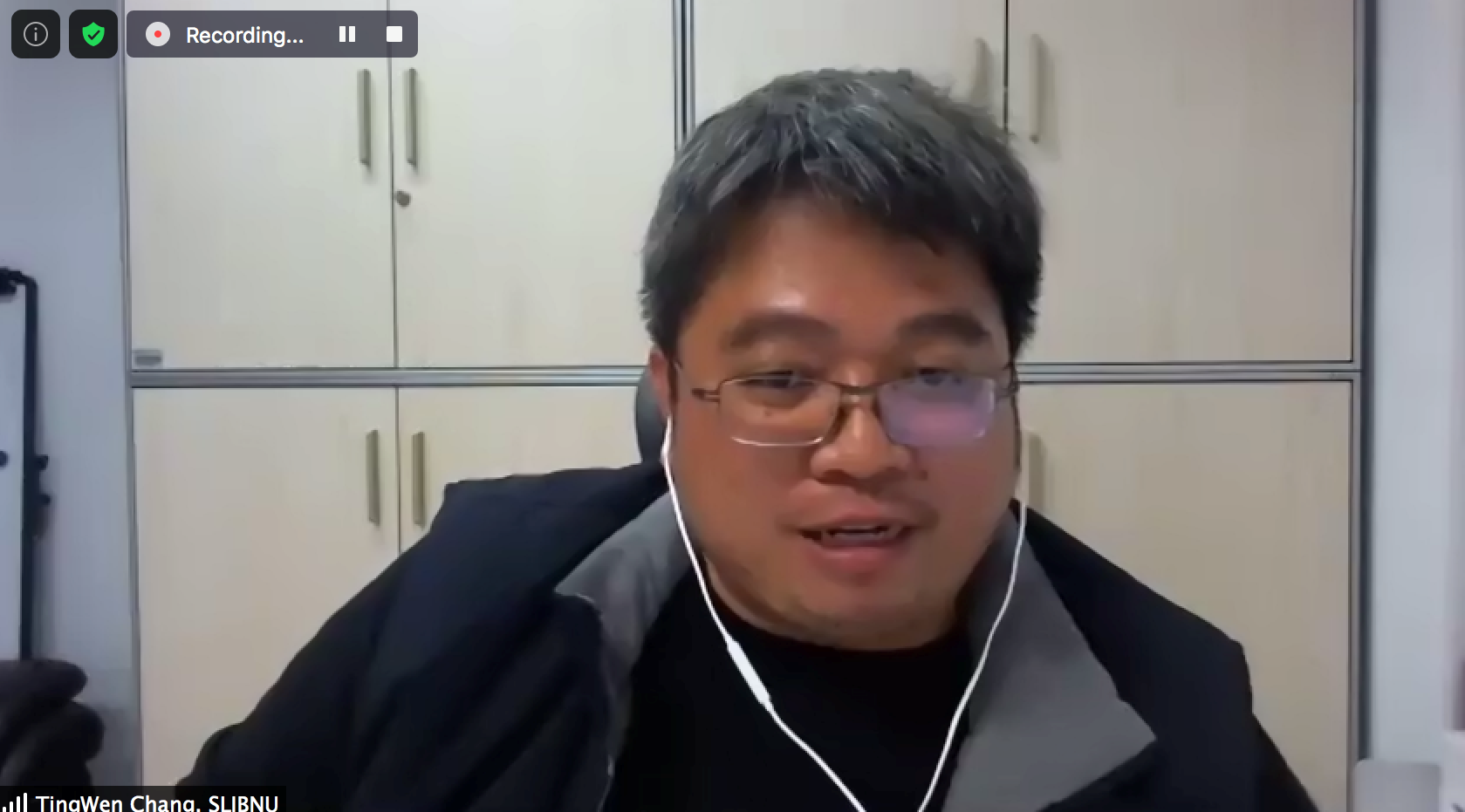Cooperation on Future Education between China and the Arab Region during the post-COVID-19 Era
date:2021-01-28 16:48author:小编source:Smart Learning Instituteviews:
To further strengthen academic exchanges and promote the two-way empowerment of science, technology and education, Beijing Normal University will hold the “Sixth Annual Smart Learning Academic Week” from January 13 to 20, 2021, and invite teachers and students and people from the industry to discuss the application of artificial intelligence, learning analytics, virtual reality and other technologies in education, as well as the trend and direction of educational reform in the post-pandemic era. The academic week will be held online, including various theme seminars, design competitions and other activities, targeting teachers and students of colleges and universities, personnel of scientific research institutions, primary and secondary school teachers, representatives of educational science and technology enterprises, etc.
Approximately 1.5 billion learners around the world have been affected by the breakout of COVID-19, and the significance of ICT in education has been highlighted. The disruption of offline teaching and the migration to online teaching have exposed the shortcomings of educational informatization, including personal data and privacy protection, educational equality, and the use of electronic devices. Forced by this change, governments, organizations and schools exchanged ideas and discussed on how to maintain undisruptive education for students worldwide, including from China and the Arab countries. The pandemic has brought many obstacles to education, and new opportunities and challenges have occurred simultaneously in educational informatization. OER and OEP (Open Educational Resources) and the OMO (Online Merge Offline) learning have been proposed as new solutions regarding public service and inclusive education in the future, which will close the gap of education disparities among areas with different levels of educational capability, and empower the construction of the Smart Campus.
On January 20, 2021, an international webinar entitled “Cooperation on Future Education between China and the Arab Region during the post-COVID-19 Era”, initiated by Smart Learning Institute of Beijing Normal University (SLIBNU) was held online. Experts from both China and Arab countries in the educational field were invited to discuss the current status of education informatization in their countries, share practical experience during the pandemic, and look forward to the new direction of educational informatization cooperation and development in the post-pandemic era.
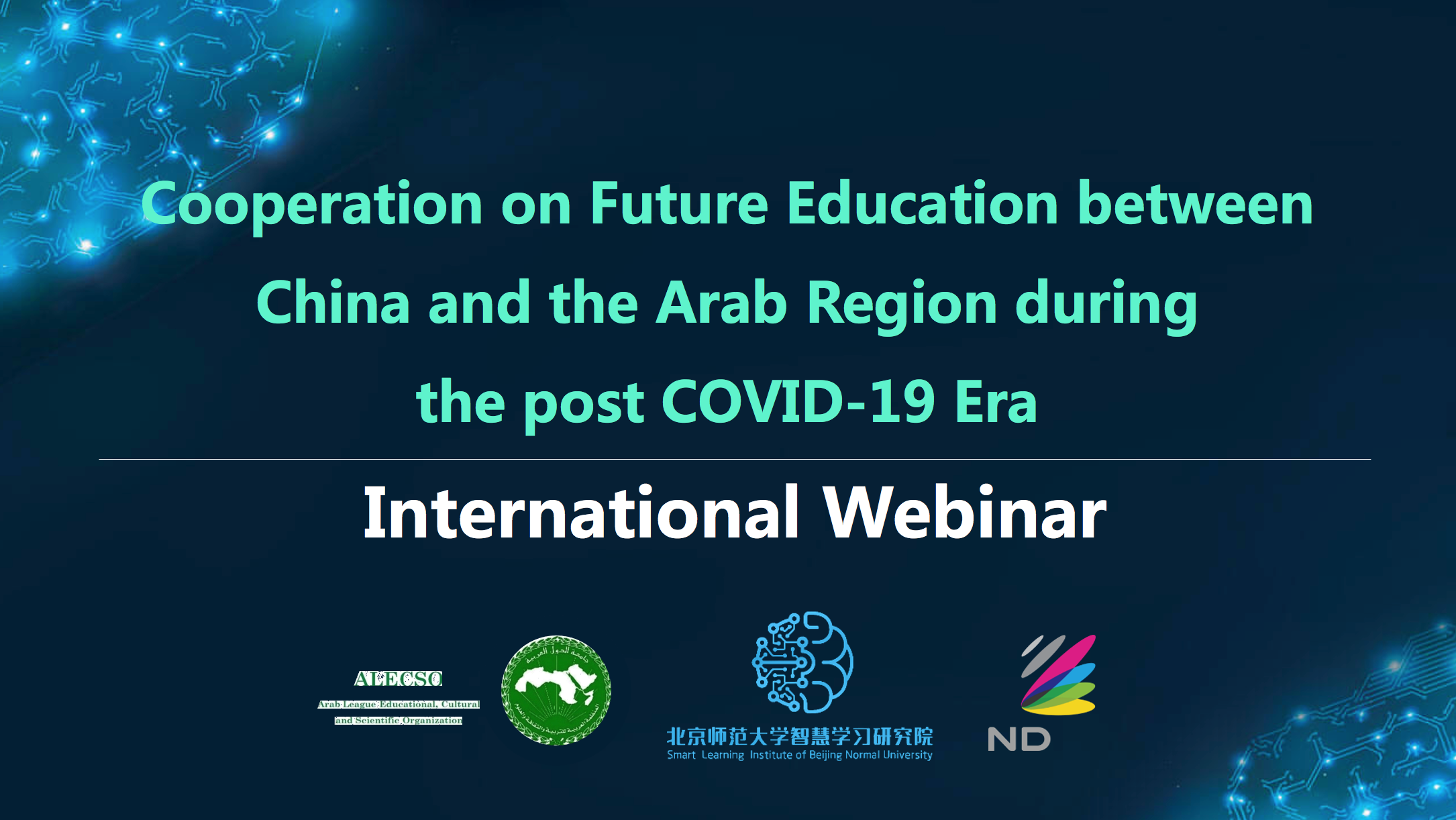
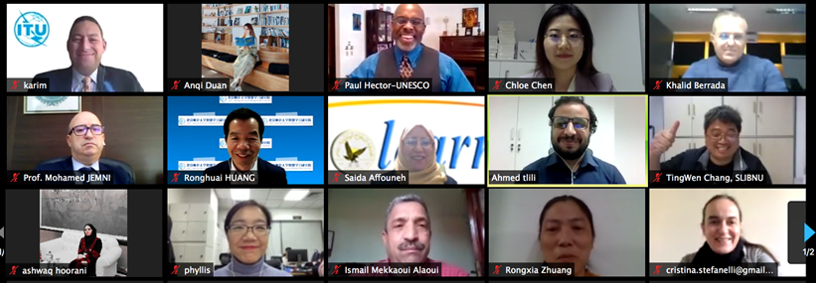
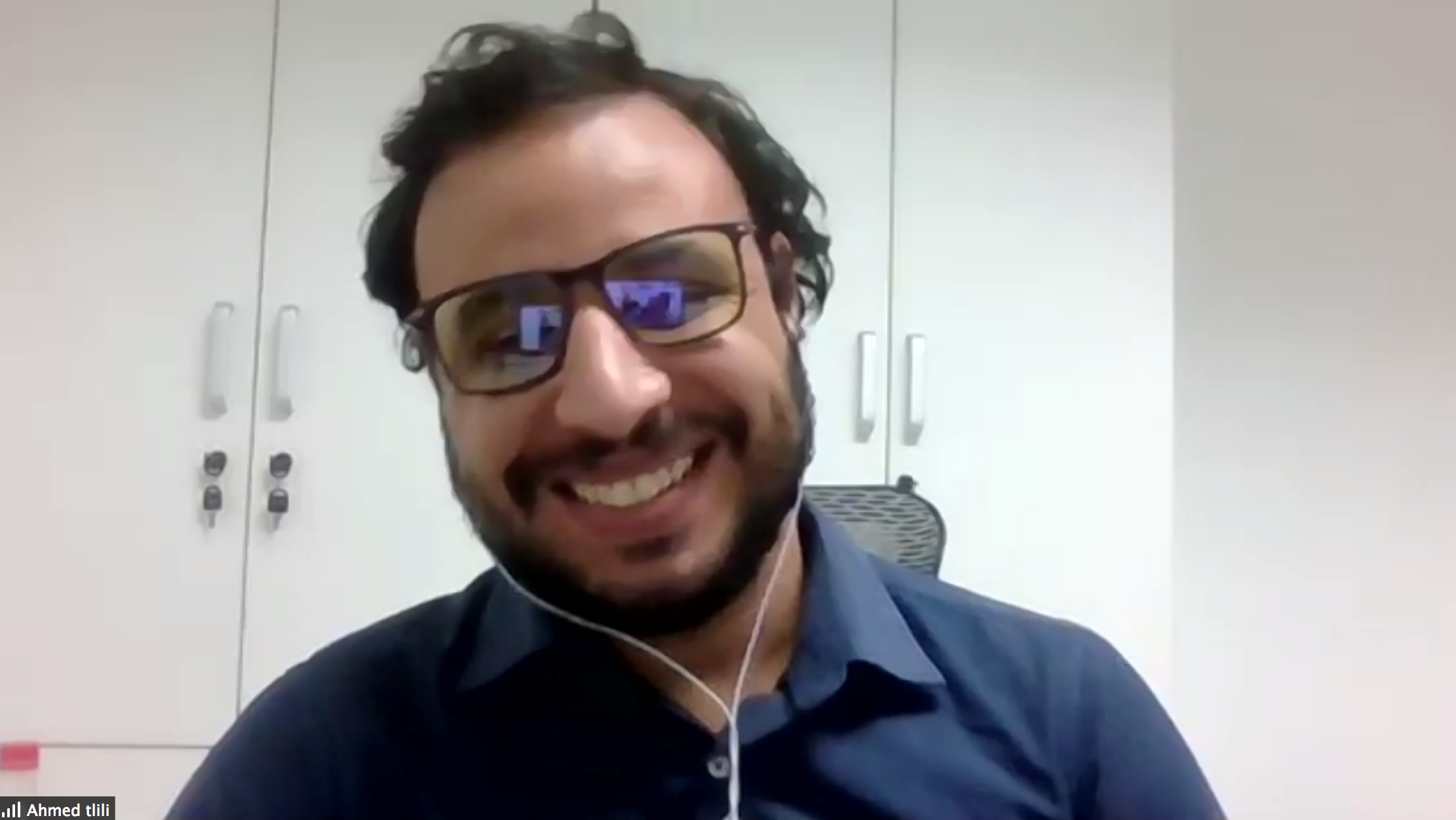
Dr. Mohamed Jemni, ICT Director at ALECSO Tunisia first introduced the collaboration between SLIBNU and ALECSO and pointed out the goal of the initiative, which is to promote and realize sustainable online education. During the pandemic, the continuity of students' learning and the accessibility to educational content have been greatly impeded. He said that scholars and experts from all countries should take the best advantage of ICT and promote cooperation and partnership with the competent parties, organizations, institutions, experts and partners active in the field of e-learning, and share expertise, experience, best practices and technological solutions to ensure the continuity of learning during the period of offline educational disruption. Finally, he reviewed many cooperative projects between ALECSO and SLIBNU, including organizing and participating international education forums, publishing systematic reviews, composing and translating five books related to educational technology, and jointly organizing the Global Competition on Design for Future Education. He said that the joint lab between SLIBNU and ALECSO will further promote the sustainable development of education in the future.
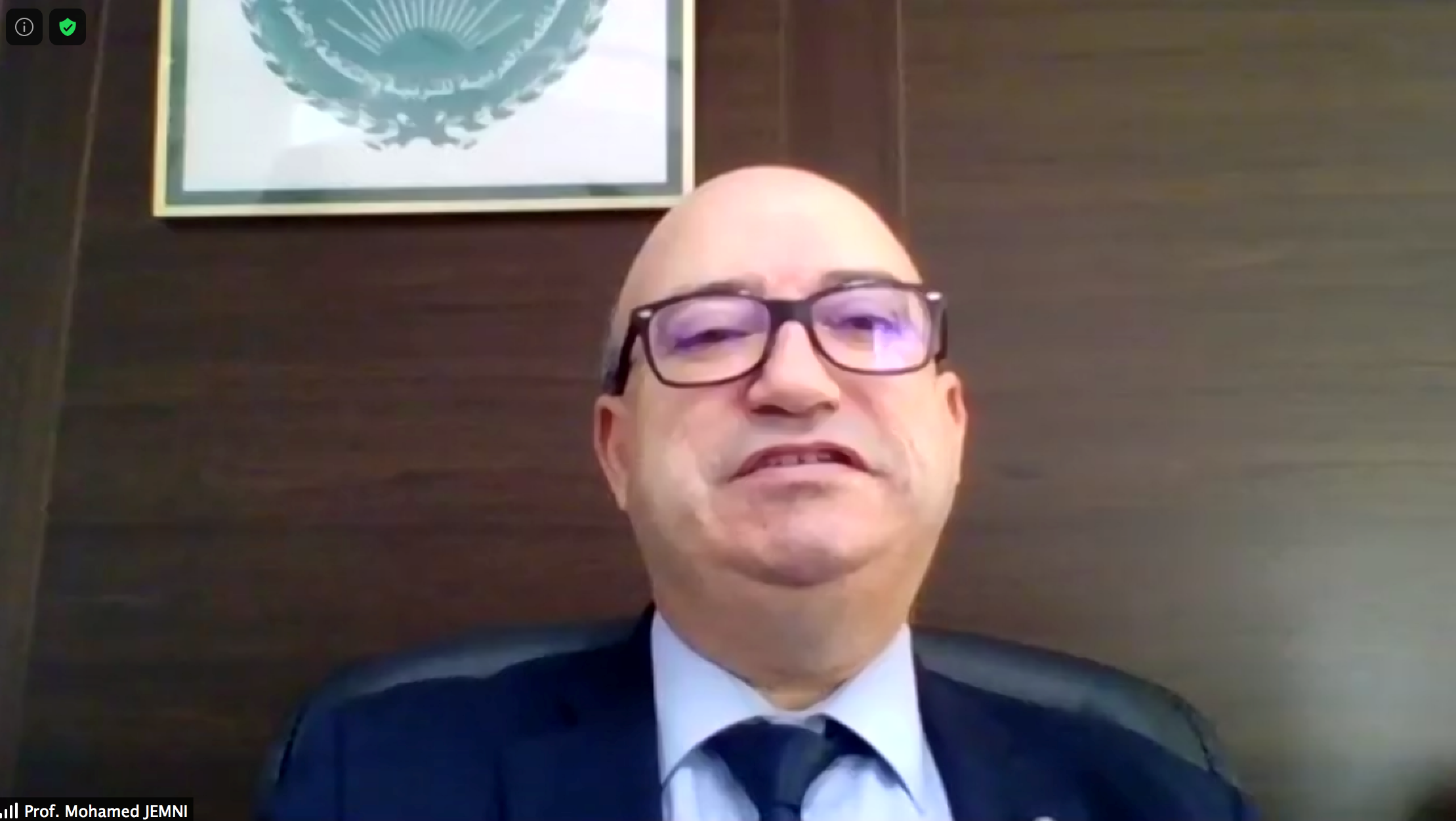
Dr. Ronghuai Huang, Dean of SLIBNU and Head of National Engineering Laboratory for CyberLearning and Intelligent Technology in China, expressed that since the collaboration in 2004, the joint laboratory of Arab countries and China have made many breakthroughs in the field of education. The application of artificial intelligence, 5G network, big data and other technologies not only brings more possibilities for the development of education, but also plays an important role in fighting the pandemic. He suggested that experts from all countries jointly initiate new laboratories, build international cooperation, focus on smart education, emerging technologies and open education resources, to clarify new ideas for education development and strengthen the construction of education informatization. The mission of the joint laboratory is to enhance and widely apply inclusive education, update and improve infrastructure construction, renovate access to information and share educational resources. In the future, Dr. Huang said that the joint laboratory will focus on the development of databases, build more convenient access to information, and provide an exchange platform for cooperation on different topics and learning communities. Finally, Dr. Huang called on experts and teams from all over the world to join in, share the fruits of common development and cultivate young talents together.
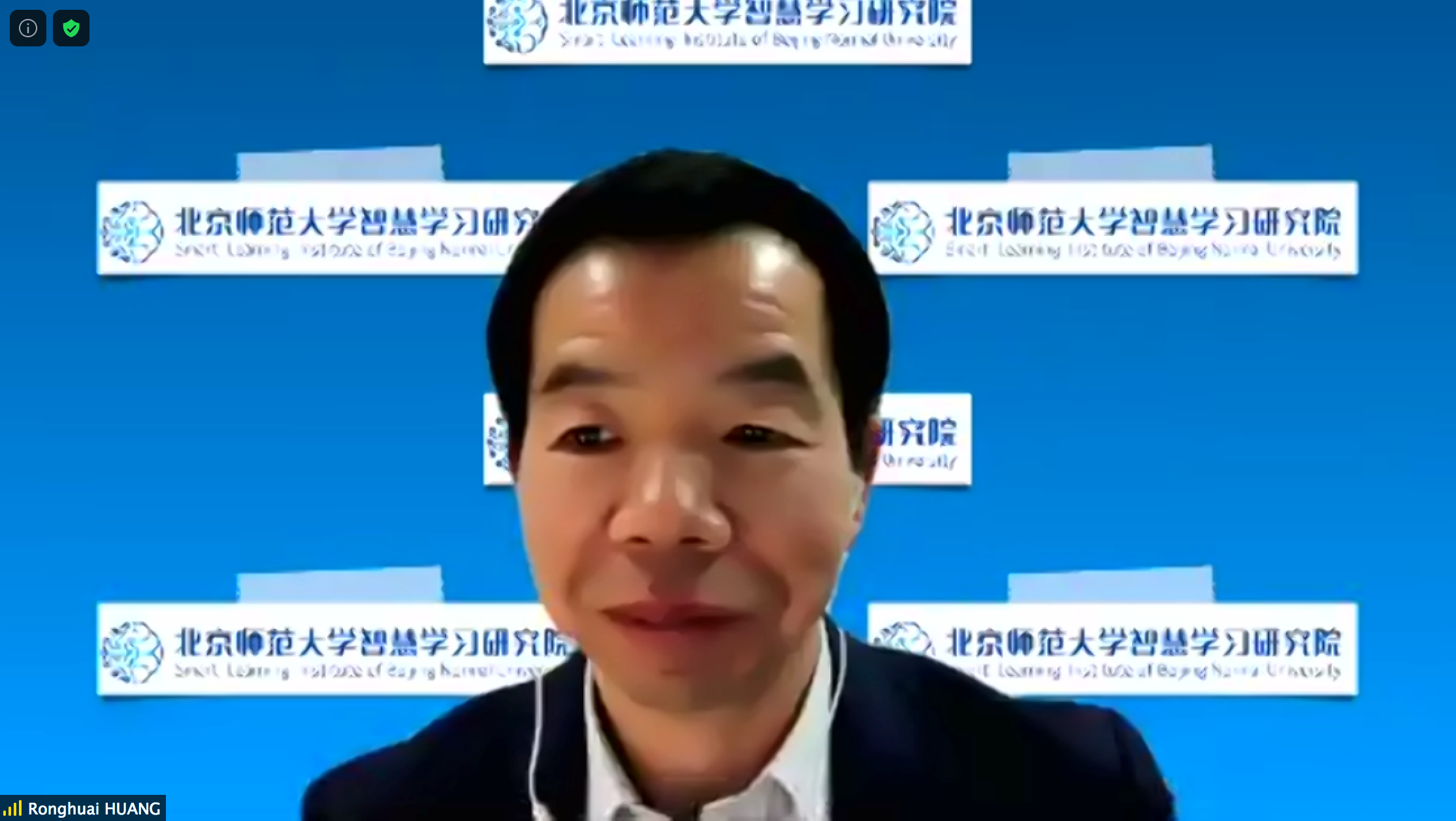
Dr. Paul Hector, the advisor at UNESCO’s Regional Bureau for Science in the Arab States in Egypt said, with the rapid development and extensive application of information technology, education has been able to respond quickly to the COVID-19 crisis; however, it has also widened the digital divide and increased inequality in education. He said that even though information and communication technology has received a lot of attention in the field of education, the lack of learning equipment for students, technology application skills for teachers, and educational infrastructure and other factors have made online education unable to achieve the fundamental goal, which is to provide education for all students. He pointed out that radio and television still play an important role in the lives of many users, and he advocated a return to the use of similar devices to expand the coverage of students. To build a high-quality and localized smart campus in the third wave of online learning, he said that teachers need to realize the need to constantly sharpen their online teaching skills, while students need to flexibly and actively use shared resources to jointly build a smart campus. Regarding the future direction of education in the post-pandemic stage, he suggested that international cooperation should be initiated, educational institutions and private enterprises should be invited to join in the education construction, existing equipment should be continuously utilized and improved to add impetus to the sustainable development of education, and the right of every student to receive education should be guaranteed and safeguarded.

Mr. Karim Abdelghani, program coordinator at ITU Arab Regional Office in Egypt said, COVID-19 has revealed the problem related to inclusive education and educational inequality. Connectivity and affordability of users affected by social, economic, technological and other factors are two major issues that need urgent attention. He said that about 90% of the areas have been covered by 3G or 4G networks, but only about 55% of the users are using the network. Affected by the pandemic, the government has increased its attention and investment in communication equipment and networks; yet, there are still some people who are unable to connect to the network. He said that information and communication technology play an important role in accelerating the informatization process of local education. With the development of science and technology, the application of virtual reality (VR), artificial intelligence and other technologies will reduce the price of electronic devices, allowing more people to have the opportunity to use electronic devices, and gradually promoting and realizing education equity. He believed that educational technology will boost learning effectiveness, and the communication and cooperation between expert teams and enterprises in various countries will add inexhaustible impetus to smart education.

Mr. Nishant Chand, strategic development manager at NetDragon Websoft Hoidings Limited in China expressed that one-stop learning, which includes online learning system, live broadcast course, homework management system, and instant messaging mode has provided a distance education solution for teaching problems arising from the outbreak of COVID-19. At the meeting, he introduced Edmodo Classroom, a multi-functional learning software integrating subject courseware, teaching aids, classroom quiz, virtual experiment, etc. Students' learning interest and efficiency have been improved, and the interactive educational resources also make the process of teachers choosing teaching content, making teaching plans, and imparting knowledge easier.

Dr. Saida Affouneh, associate professor at An Najah National University in Palestine said, equal opportunity, quality of education, flexibility to cope with changes and sharing of resources in the digital age are the core goals of cooperation between China and Arab countries. At the same time, a series of issues such as leadership decision-making, marginalized students, gender, infrastructure construction, and the transition from offline to online, including experimental courses, the credibility of computer examinations, students with special needs and so on, need to be concerned. She suggested that schools and expert teams around the world help establish emergency response mechanisms, enquire the real needs of students, and respond to the call for open resources. She pointed out that online learning is the solution to maintain the teaching and learning during the pandemic period, but in the future, it is also necessary to promote the state to formulate relevant policies on online education, improve the student evaluation system, create teamwork opportunities, share educational learning resources, and deal with the issues involving moral, social justice, and mental health of teachers and students that may be brought about by the education reform.
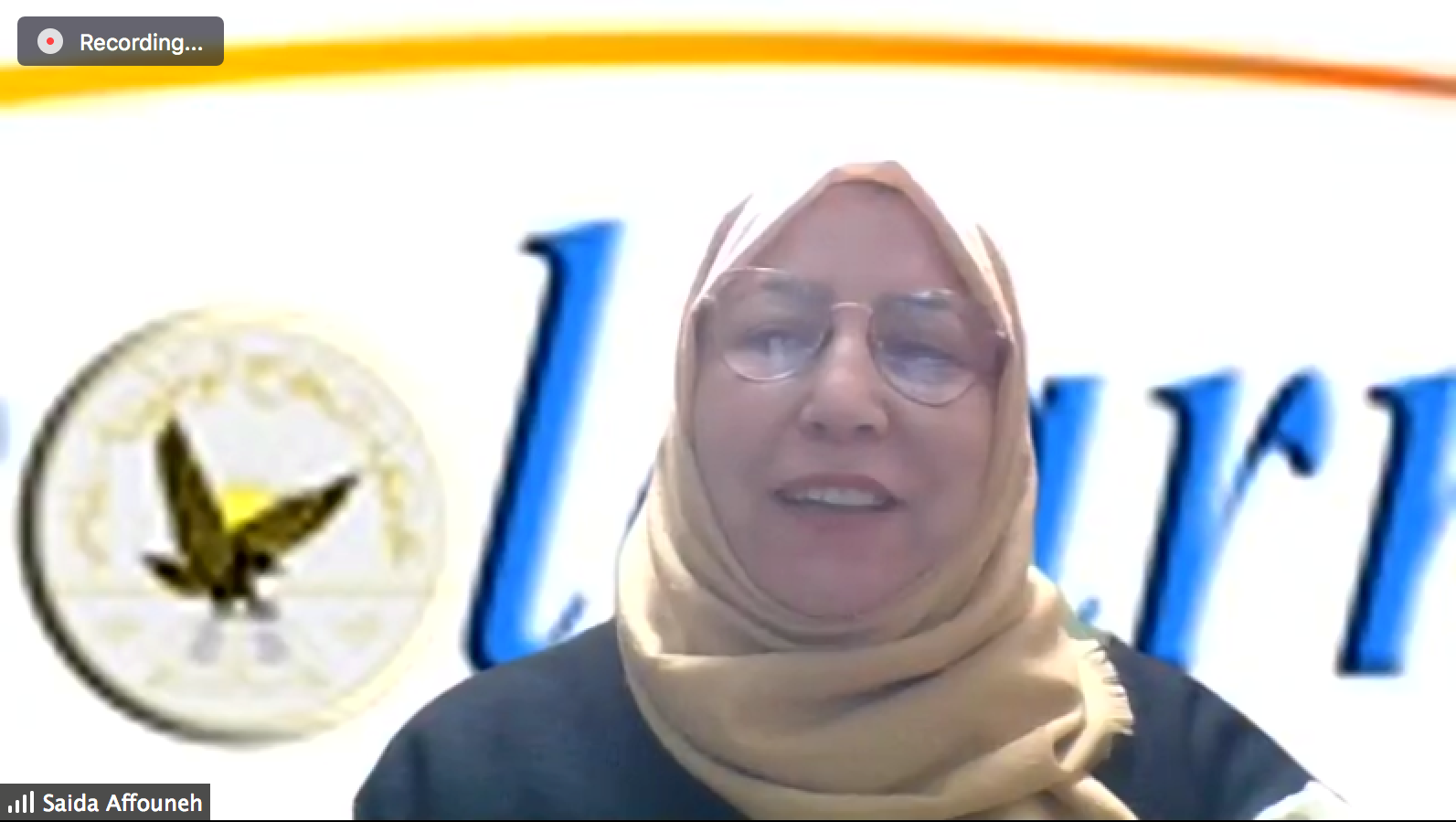
Dr. Khalid Berrada, a professor at Mohammed V University in Morocco shared that universities in Morocco are widely accustomed to the use of ICT and have a rich bank of online material, which helped facilitate the transformation from face-to-face education to online education. He pointed out the necessity to build a more resilient and inclusive ICT based education system and to consider differences in economic, cultural and technological conditions of different regions as well as the challenges in human-computer interaction. He proposed a plan to build a high-quality and localized smart campus from six aspects, including enriching the university’s data center with digital educational resources, providing training of teachers to improve their digital skills, encouraging partnerships to improve access to high-quality education, increasing funds for national and international education projects, supporting research in pedagogical development, and enhancing policies and regulations regarding the adoption of distance education for future crisis. He believed that the Smart Campus is more than a system or collection of applications but requires a strategic framework that fosters a connected ecosystem and creates a new, exciting experience for all. In the post-pandemic era, he suggested that experts from various countries share and encourage new programs, strengthen the mobility of teachers and students, and improve the smart education ecosystem.

Ms. Chunchun (Phyllis) Zhang, Vice President of ClassIn in China, shared that after investigating the users and their demands in China's education market, a triangular promotion model composed of educational institutions, middle schools and universities was created. Based on this stable model, ClassIn, an online virtual classroom designed for education, has cooperated with more than 60,000 schools and institutions in more than 150 countries. She introduced that in a project-based learning class, the school has equipped each student with a tablet computer, which not only helps students complete their daily learning activities, but also allows multiple classes to carry out concurrently. Teaching tools included in the software, such as online blackboard and group meeting tools, encourage students to share their ideas and conduct group discussions in real time, and improve students' learning enthusiasm and interactivity. With regards to the direction of education in the post-pandemic era, Ms. Zhang said that ClassIn is currently developing resources and tools that can be continuously used to maintain efficient teaching and learning in offline courses after the pandemic. She suggests that OMO (Online Merge Offline) education mode may be a direction of informational education in the future. At present, teachers have begun designing mixed courses to cope with and balance the unstable teaching pedagogy and students' learning efficiency under the COVID-19 crisis.
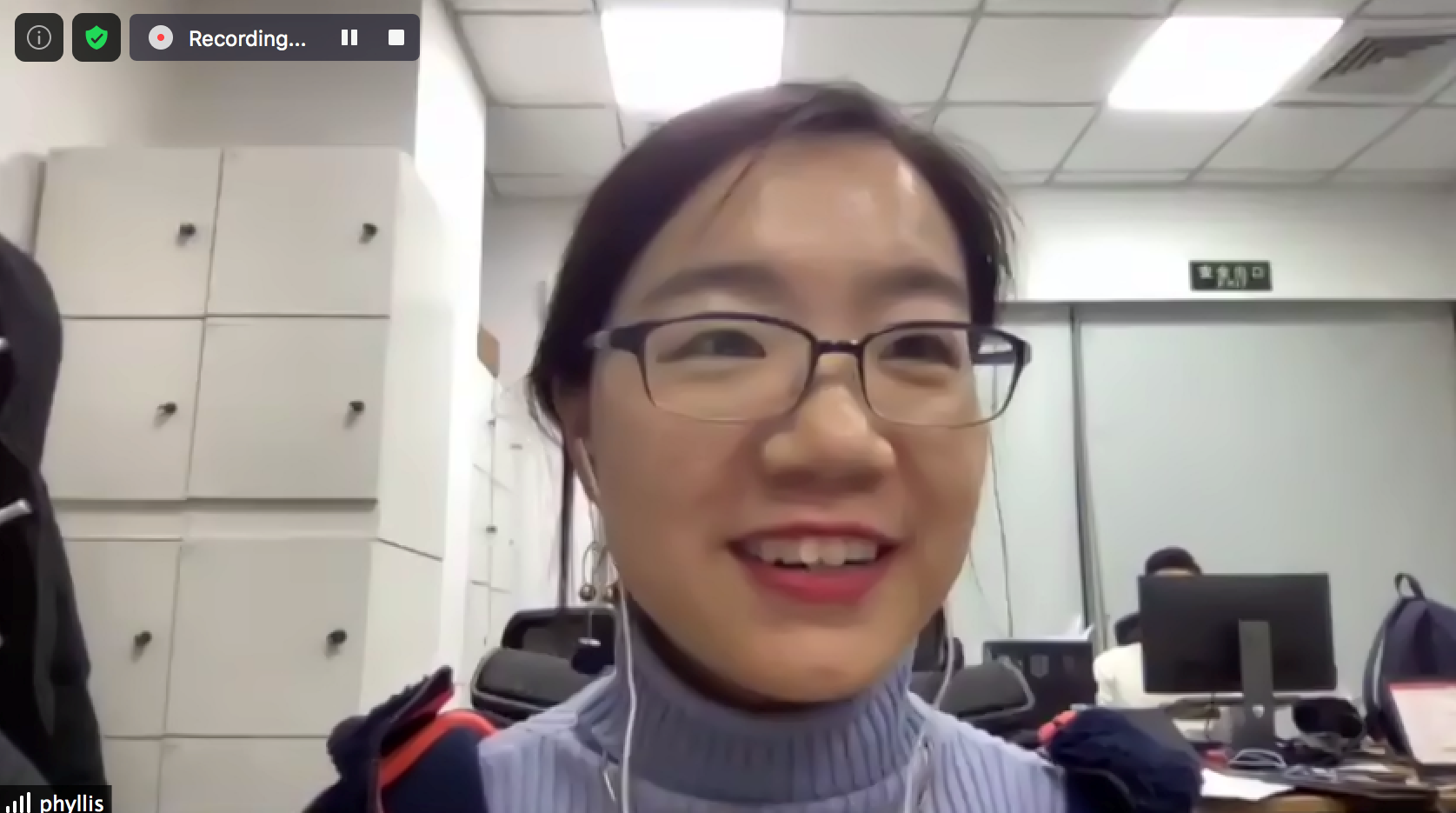
Dr. Tingwen Chang, assistant to the dean of SLIBNU, briefly summarized the seminar. He believed that the construction of the high-quality and localized smart campus in the third wave of e-learning needs not only the close cooperation of experts from China and Arab countries, but also the recognition and attention to women’s role in education, and more projects and research in this direction should be established to help all students and scholars. At the same time, we called on experts from more countries to continue organizing similar webinars and constructing modern educational informatization.
